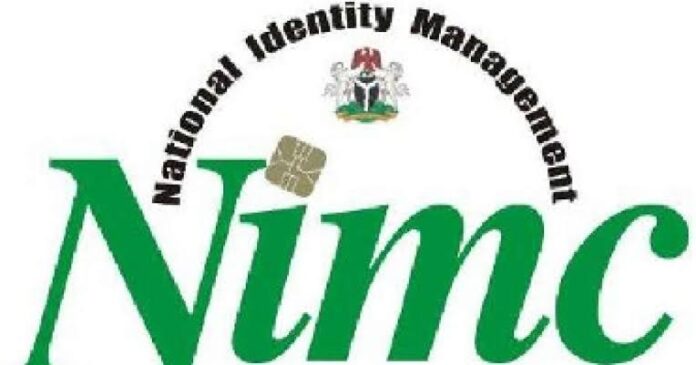Nigeria’s National Identity Management Commission (NIMC) has recorded a significant boost in its National Identification Number (NIN) database, adding seven million new enrollees in the first half of 2025. This growth brings the total number of Nigerians and legal residents captured in the database to 121 million as of June 30, 2025.
Figures from NIMC’s enrolment dashboard show steady progress towards the Commission’s ambitious goal of registering 95% of Nigerians by the end of the year. At the close of 2024, total enrolment stood at 114 million, meaning the database expanded by 10 million throughout last year. The pace recorded so far in 2025 suggests that this year’s numbers could surpass last year’s performance.
Lagos State continues to lead the nation with the highest number of NIN registrations, accounting for more than 12.9 million enrollees. Kano State remains in second place with 11.07 million. Kaduna State now ranks third with 7.1 million, overtaking Ogun State, which stands at 5.06 million enrollees.
The latest data also sheds light on the gender distribution within the database. Of the 121 million enrollees so far, approximately 68.4 million—or 56.5%—are male, while 52.9 million, representing 43.5%, are female.
To sustain momentum and reach underserved communities, the NIMC is turning to Nigeria’s National Youth Service Corps (NYSC) members to drive enrolment in remote areas through its Ward Enrolment initiative. According to the Commission, selected Corps members are currently undergoing intensive training ahead of the exercise, which will be rolled out nationwide.
The Commission has called on parents to take advantage of the initiative by registering children under the age of 16 in their local wards. The plan aims to bring NIN enrolment closer to communities that are often missed by traditional urban registration points.
NIMC’s Director General, Engr Abisoye Coker-Odusote, says the Ward Enrolment exercise is crucial to achieving near-universal coverage and providing the government with accurate population data to guide national planning and social investment.
The Commission insists that achieving its target will not only enhance national security and digital identity verification but also streamline access to public services for millions of Nigerians.
















